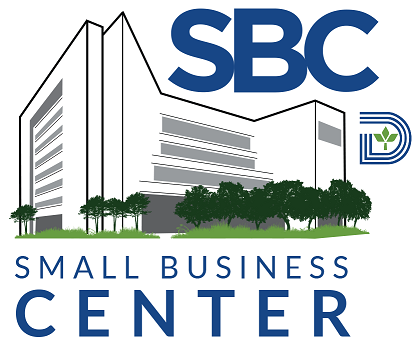Exclusivity can be an effective selling tactic – convince people that they are fortunate to participate in something scarce. This model can make sense for some businesses or clubs, but it is a bad way to build a community. We want to help our partners and clients build an inclusive entrepreneurial community because that is better for business in Dallas than many isolated business groups. A community relies on a sense of belonging. Members recognize similarities with each other, but entry is inclusive, not something defined by scarcity. This doesn’t mean there are no costs to entry, but participation is earned by behavior, not resources.
Our size, layout and diversity make community-building more challenging task than in some cities. Building an inclusive entrepreneurial community, however, is a way for Dallas to capitalize on some of our assets while offsetting some of our challenges. It will permit us to leverage our industry, ethnic and neighborhood diversity. It will also help us bring together groups fragmented by distance or lack or connections and awareness.
To our advantage, Dallas is one of the most diverse metro economies, with about a dozen major industries such as: telecommunications, data processing, aviation, finance, machinery and metals manufacturing and energy. In isolation each of these would be nationally recognized as a significant cluster, but they lose their identity in the larger Metroplex economy. We are more resilient than one-industry towns because of this. The downside is that many businesses are not tapping into the opportunities and experience of their neighbors just because they run in different local circles. This also makes it hard for outsiders to figure out exactly what Dallas is all about. There are no doubt lost funding and contracting opportunities and room to grow by bringing these industries together.
Community-building is harder in a big city. Dallas covers 340 square miles of land, and the developed portion of North Texas is ten times that size. Even in the heart of the city, freeways and the Trinity River carve up what would otherwise be a contiguous urban core. Even though these neighborhoods are sometimes physically nearby, for practical purposes they are as isolated. Each community evolved their networks and ways of doing business. Most could improve if they were able to share lessons and collaborate with others around town. It is also true that some neighborhoods have lost much of their business base and job. Connectivity here is even more critical.
Our successful local economy is leaving behind too many of these people that lack connections to the mainstream business world. In some neighborhoods, there are too few entrepreneurial examples to inspire and follow. There are too many potentially innovative and productive team members idle for lack of awareness of the opportunities. Dallas is already a successful entrepreneurial city, but if we can help its diverse business communities discover and work together better, it could be an unrivaled city of opportunity that gives chances to participate in many different industries and communities and in many different roles. An exclusive entrepreneurship, available only to a select few is an expensive proposition for the city – in terms of forgone collaborations and learning and in wasted lives and livelihoods.
Communities only need a little help to thrive. Economic development can be about building the spaces, promoting the stories and making the connections that let people find their niche and give their best in an inclusive entrepreneurial community. That is what we want to do through the Dallas B.R.A.I.N. If you have an idea to help us build an inclusive entrepreneurship we would love to hear it.



